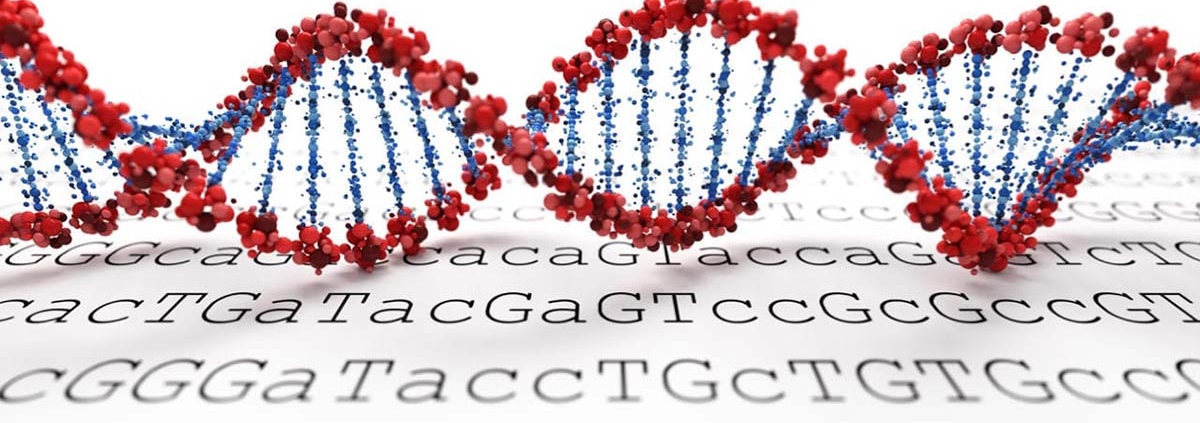Researchers discover new neurodevelopmental disorder
Australian researchers have discovered a new neurodevelopmental disorder after uncovering its link to a tumor suppressor gene.
The international research collaboration, led by the Murdoch Children’s Research Institute (MCRI) and published in The American Journal of Human Genetics, has linked a recognised tumor suppressor gene to a new neurodevelopmental syndrome, ending the diagnostic journey for 32 families around the world.
The study found variations in the FBXW7 gene were associated with the newly identified condition, which causes mild to severe developmental delay, intellectual disability, hypotonia and gastrointestinal issues.
Murdoch Children’s researcher Dr Sarah Stephenson said because the FBXW7 gene regulated the life-cycle of cells, cell growth and survival, the research team speculated that abnormal cell proliferation during brain development may underpin the broad spectrum of brain abnormalities identified in this new disorder.
The study used cutting-edge diagnostic tools, genomic sequencing and global data-sharing platforms to identify 35 people, aged 2-44 years, from 32 families in seven countries harbouring the FBXW7 gene, which had variants that were associated with the never-before described neurodevelopmental syndrome.
Almost all affected people had developmental delay and intellectual disability, ranging from borderline to severe, 62 per cent had decreased muscle tone, 46 per cent noted feeding difficulties and constipation and 23 per cent had seizures. Brain imaging also detailed variable underlying structural differences affecting the cerebellum, nerve fibres and white matter.
The team then reduced the gene’s levels in a fly model, which affected the flies’ ability to jump in response to a stimulus. This supported the observation that the 28 variants in FBXW7 were the cause of the condition. It also further cemented the fundamental role of the gene in development broadly, and the brain, specifically.
Release date: 08 April 2022
Source: Murdoch Childrens Research Institute



